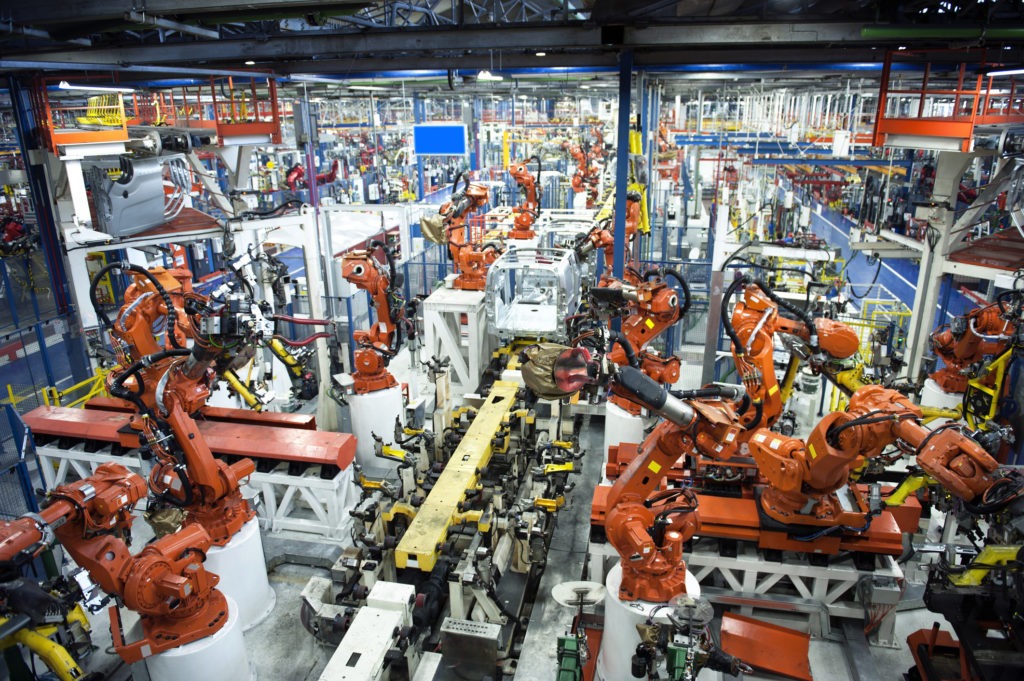German labour union not finding support in standoff with PSA Group
24 April 2018

<h2>German labour union not finding support in standoff with PSA Group</h2>
<p><strong><em>24 April 2018</em></strong></p>
<p>The current labour dispute between Germany’s IG Metall union and PSA Group is attracting criticism from other workforce representation bodies around Europe, as the French firm looks to cut costs at Opel.</p>
<p>Unions in the UK and France are angered by Germany’s <a href=”https://www.autovistagroup.com/news-and-insights/germany-may-intervene-opel-dispute-eisenach-plant-workers”>refusal to accept pay curbs and job cuts</a>, which PSA Group is looking to implement to return the manufacturer to profitability after it <a href=”https://www.autovistagroup.com/news-and-insights/psa-group-closes-acquisition-opel-and-vauxhall-general-motors”>bought the loss-making brand</a> from General Motors in 2017. While other countries have accepted the deals, IG Metall is holding firm in its rejections.</p>
<p>One sticking point surrounds a 4.3% pay increase negotiated in return for PSA committing to assigning a new model to be built at the Eisenach plant, the central focus for the dispute. The French firm is now asking workers to waive this pay increase. Staff at PSA sites in France, Spain, Britain and several other countries have granted concessions on working hours, wage restraint and bonus cuts.</p>
<p>Spanish unions in January reached an agreement on worker conditions at Opel’s Zaragoza plant, which builds the Corsa subcompact, after threats by PSA to cut investment at the factory. The Vauxhall plant at Ellesmere Port in the UK, home of the Astra model, <a href=”https://www.autovistagroup.com/news-and-insights/psa-plans-further-cuts-uk-plant-and-expects-reduce-french-workforce-2018″>is facing job cuts</a> in an attempt to increase efficiency.</p>
<p>PSA earlier in April said it would <a href=”https://www.autovistagroup.com/news-and-insights/psa-offers-uk-boost-increased-commercial-vehicle-production”>increase commercial van production at Vauxhall’s factory in Luton</a>, ending the partnership with Renault-Nissan and moving some PSA platforms over to the site. The company praised the ′responsible social dialogue’ with the UK’s Unite union guaranteeing production flexibility.</p>
<p>Gary Reay, an official with the Unite union, told <em>Automotive News Europe</em> that Luton workers would also be dismayed if German colleagues avoided making a similar contribution to the recovery of the business. ′Our members wouldn’t be at all happy,’ Reay said. ′We were unfortunate enough not to get the increase we initially wanted, which would have been above inflation. We had to do what we thought was right for our situation.'</p>
<p>Force Ouvrier (FO), PSA’s biggest French labour grouping, urged Germany’s IG Metall union to ′take more responsibility’ for necessary cost cuts. ′They seem prepared to make the rest of the group carry the burden,’ FO official Christian Lafaye said. ′The French unions will not allow their workers to take the weight of a third competitiveness plan.'</p>
<p><a href=”http://media.opel.com/media/intl/en/opel/home.detail.html/content/Pages/news/intl/en/2018/opel/04-23-opel-reaffirms-plan-investment-commitment.html”>Speaking about the issues facing Opel</a>, CEO Michael Lohscheller commented: ‘Our goal remains to create a sustainable, successful future for our German plants. We have laid a sustainable proposal on the table for the Eisenach plant. This plan is an improvement on the existing collective agreement. In order to be able to implement it, we must create competitive conditions for the location. Even in intensive discussions with the social partners, they have so far made no concrete proposal on how to reach the necessary productivity targets in Eisenach.'</p>
<p>Opel states that the plan for the Eisenach plant foresees start production of an SUV as early as April 2019. That would be well before the planned start of production of a new model, as agreed in the terms when PSA Group purchased the carmaker. ′From 2020, a second variant – a hybrid model – could follow in Eisenach,’ said Lohscheller.</p>